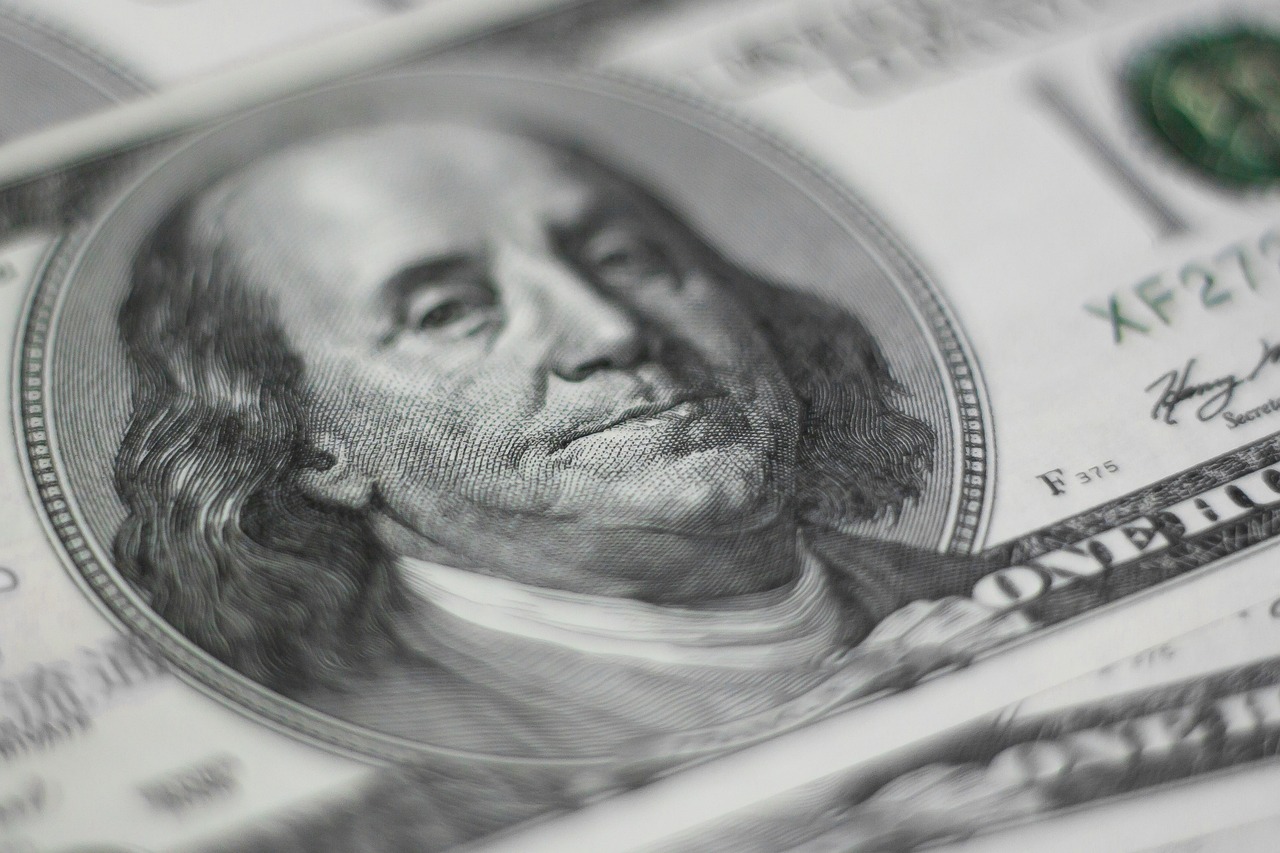
02 Jan Does my bank interest get the pension exclusion?
Photo: pixabay.comQ. I’m having trouble understanding the pension exclusion provision provided by New Jersey. I am a single and 65+ year-old. My total income on Line 27 of my NJ 1040 is $36,000. It all comes from my 401(k) distribution, pension income, annuity income and bank interest of less than $100. Except for the bank interest, can I really exclude up to $75,000 from taxes? And then do I pay tax on the bank interest?
— Taxed, maybe?
A. We’ve got good news for you.
Let’s explain how the pension exclusion works, and recent changes that make more people eligible to take it.
Beginning with tax year 2021, the income limit for the pension exclusion increased to $150,000 for married couples who file a joint tax return and $75,000 for single filers, said Evan Drury, a chartered financial consultant with U.S. Financial Services in Fairfield.
This is a change from prior years, where there was a cliff so that if $1 was earned above the limits, all income was taxable, he said.
“In addition to qualifying based on income limits, you and your spouse/civil union partner, if filing jointly, must be 62 or older or disabled as defined by Social Security guidelines on the last day of the tax year,” Drury said.
Depending on your income, you can exclude reported taxable pension, annuity and IRA withdrawals up to the maximum amount for your filing status, he said.
Also note that Social Security income is already free of tax in New Jersey.
“If you qualify, you can claim the lesser of your actual taxable pension income or the maximum pension exclusion amount for your filing status and gross income,” Drury said. “In this case, it appears that you should be able to exclude all pension, annuity and IRA/401k income for New Jersey state tax purposes.”
Regarding the bank income, we’re going to assume the interest was earned in a non-retirement type of account.
“You will receive a 1099 but since you’re using the pension exclusion, you would likely fall under the $10,000 limit for paying taxes on that money in New Jersey,” Drury said. “Based on the information I have, it appears you should not owe New Jersey tax, but please confirm with an accountant regarding filing and taxes.”
Email your questions to .
This story was originally published in January 2024.
NJMoneyHelp.com presents certain general financial planning principles and advice, but should never be viewed as a substitute for obtaining advice from a personal professional advisor who understands your unique individual circumstances.

